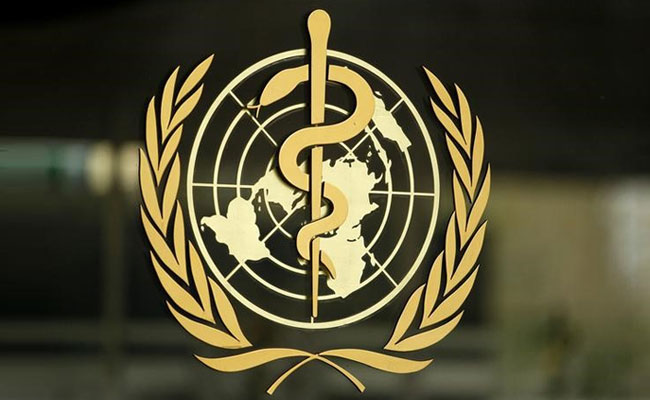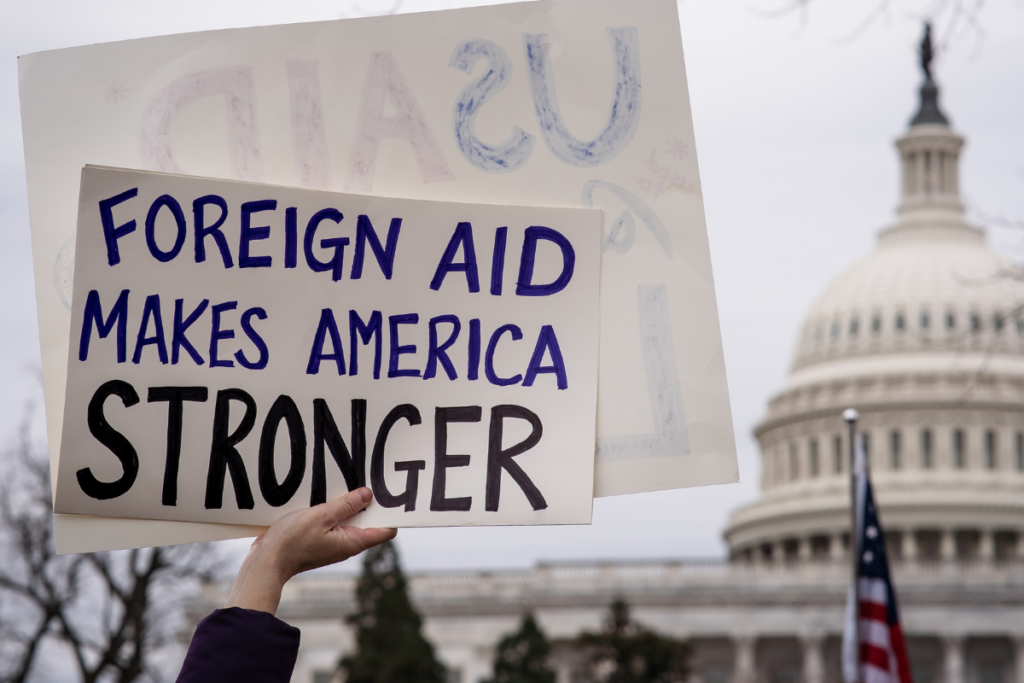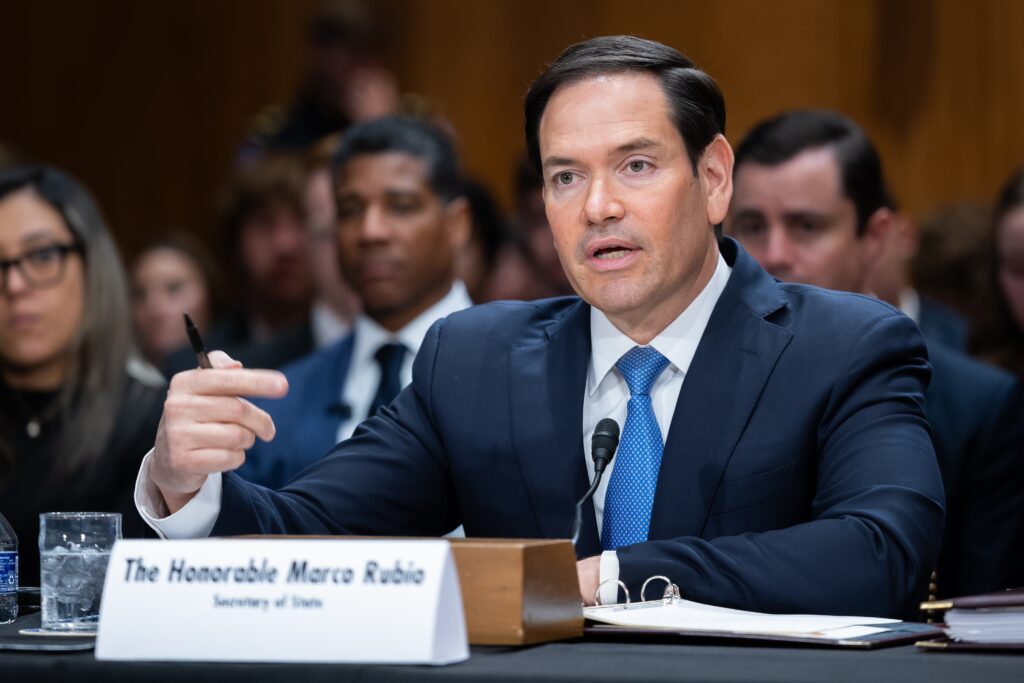By Kathryn Kross and Ilze Melngailis
When it comes to U.S. business and the World Health Organization (WHO), the pandemic has created a potentially “transformational” opportunity, allowing the U.S. to help strengthen this essential UN agency and push for needed reforms.
That was the sentiment of the U.S. Chamber of Commerce, the world’s largest business organization, and the National Association of Manufacturers (NAM), the largest manufacturing association in the U.S., at a recent online event sponsored by the Better World Campaign and the Business Council for the United Nations.
The U.S. has an opportunity to “shape the global health agenda in ways that advance American interests and frankly, better protect Americans,” said Ryan Ong, Director for International Business Policy at the NAM.
The link between global health and the impact on U.S. business has become increasingly clear. A recent report found that equitable access to vaccines in low and middle income countries, a primary focus of WHO’s work, could generate economic benefits of at least $153b in 2020-2021.
“We were very vocal last year in calling for the U.S. to remain a member [of WHO], said Sean Heather, Senior Vice President for International Regulatory Affairs at the U.S. Chamber. Walking away in the middle of a pandemic “made absolutely zero sense to our members.”
The Chamber and NAM were joined by representatives from BD and Mars.
Best known as the creator of M&M’s and other sweets, Mars has a growing share of the food and pet food markets, and has become one of the world’s largest buyers of agricultural raw materials. They depend on the WHO for its work on the increasing threat of antimicrobial resistance and its potential impact on the global food supply system.
“We’re absolutely convinced that the WHO is the right organization to convene this,” Brad Figel, Vice President for Corporate Public Affairs at Mars, said. “They have the ability to bring in countries from all over the world,” he added. “That’s the right way to drive a comprehensive approach.”
As a global medical technology company with a broad portfolio that includes injection devices and diagnostic tests, BD depends on the WHO for its “pre-qualification process,” which determines the capacity of manufacturers around the world to produce products of consistent quality, in line with international standards.
“Many countries around the world look to guidance from the WHO when considering regulatory approvals and procurement,” Elizabeth Woody, BD’s Senior Vice President for Public Affairs, said. While the PQ process is “continuing to evolve,” she hopes that it is aligned with local regulations where they exist, to keep regulatory requirements reasonable.
Kate Dodson, the moderator of the discussion and the UN Foundation’s Vice President for Global Health Strategy, noted that a report on WHO’s pandemic response would be issued soon by the Independent Panel on Pandemic Preparedness and Response. Later in May, the WHO’s governing body, the World Health Assembly, will begin its annual assembly.
When it comes to reform, “it’s not a matter of if there’ll be reform, but how,” Dodson said.
As discussions on reform unfold, Sean Heather hopes there will be “a seat at the table for industry” and emphasized that Congress can play a critical role.
“WHO is listening closer than they ever have before,” he said.
Brad Figel from Mars agreed on the importance of bipartisan Congressional engagement. “I can tell you from the private sector, we can’t do it alone.”
Ong added, “There is a lot of opportunity for multi-sector engagement and a lot of creative ways in which businesses have leveraged and worked partnerships with the WHO.” The U.S. needs “a clear strong leadership agenda that strengthens and reforms the organization in critically important ways.”
All participants agreed on the importance of U.S. engagement.
“If we are not there, others will step into that void to shape what the organization’s mission looks like and frankly given the assets, given the importance of that mission in a variety of other markets, there is a clear, direct tie to the economic space and exports and US leadership,” Ong said.




